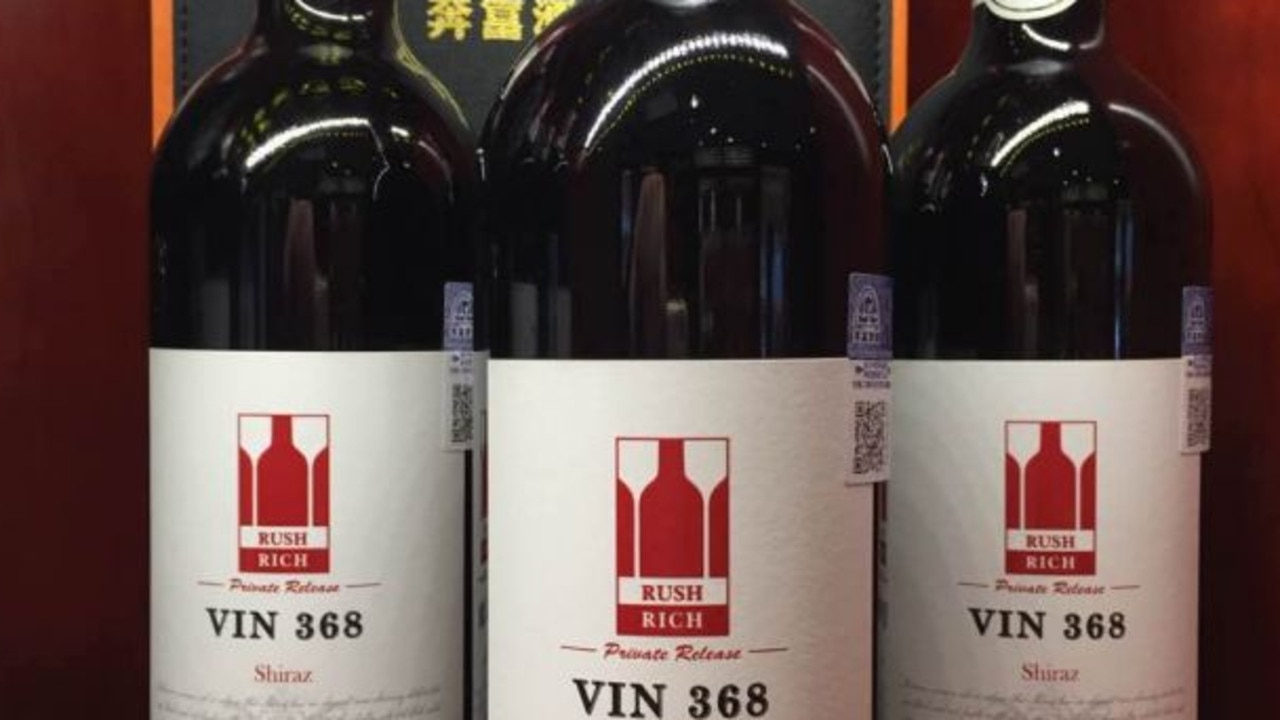A young millennial is threatening the existence of a multi-billion dollar Chinese property developer.
In 2021, real estate heavyweight Evergrande earned the unwelcome title of the world’s most indebted real estate firm after racking up staggering debts of around $A408 billion.
Evergrande’s share price tanked and the firm missed a string of payment deadlines, which eventually saw it officially declared in default for the first time in December.
And now a young 30-year-old investor — who Bloomberg reported is “politically connected” — is taking the conglomerate on in the High Court of Hong Kong.
Lin Ho Man claims Evergrande owes him HK$862.5 million ($158 million) because of money he invested through his business.
He has applied for a winding up order, calling for the company to be wound up unless they cough up the funds to pay him back.
In order for Evergrande’s shares to be able to trade, Mr Lin’s lawsuit has to be resolved, either by being mediated to lead to dismissal, or for him to withdraw the case.
Although Evergrande has been in hot water with creditors and customers in recent months, nobody has reportedly gone as far as demanding the company be liquidated.
Mr Lin runs a fintech company called Top ShineGlobal which invested millions for a 0.46 per cent stake in Fangchebao, Evergrande’s automobile and real estate arm in March 2021.
Then Triumph Roc International, another one of Lin’s investment holding companies which he acted as guarantor for, invested the same amount for a separate 0.46 per cent stake.
Just a few months later, the extent of Evergrande’s financial woes became well-known.
Evergrande said it will oppose the legal case “vigorously” and added that this shouldn’t impact the company’s restructuring plans or timetable.
Mr Lin’s case has already had a preliminary hearing earlier in August and the next court session is happening later this month.
Evergrande, one of China’s biggest developers, has scrambled to offload assets in recent months, with chairman Hui Ka Yan paying off some of its debts using his personal wealth.
Its troubles are emblematic of the problems rippling across China’s massive property sector, with smaller companies also defaulting on loans and others struggling to raise cash.
Chinese creditors have sued Evergrande for more than $US13 billion in allegedly overdue payments, the Financial Times reports.
According to documents seen by the publication, a Chinese court has accepted a whopping 367 cases against Evergrande.
Insiders claiming it is one of the biggest indicators yet that local creditors have lost confidence in the firm’s ability to handle the ongoing crisis.
Shares in the company have been halted since March.
— With Alexis Carey
.

